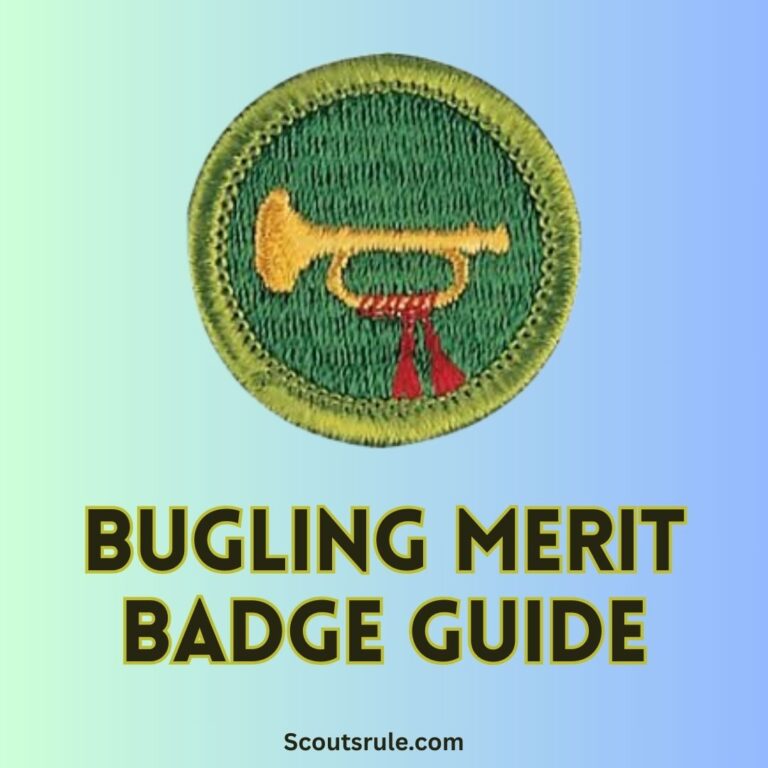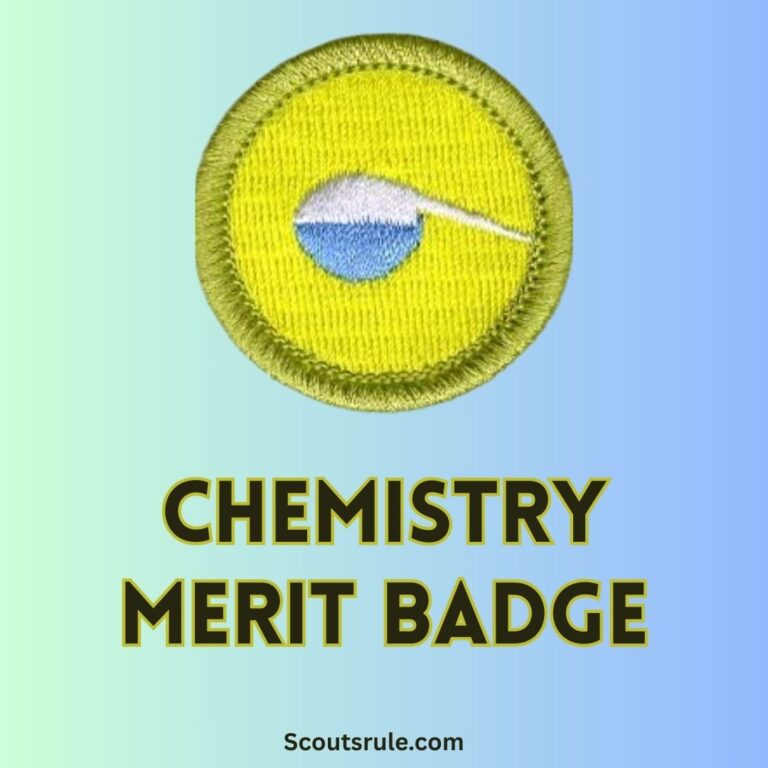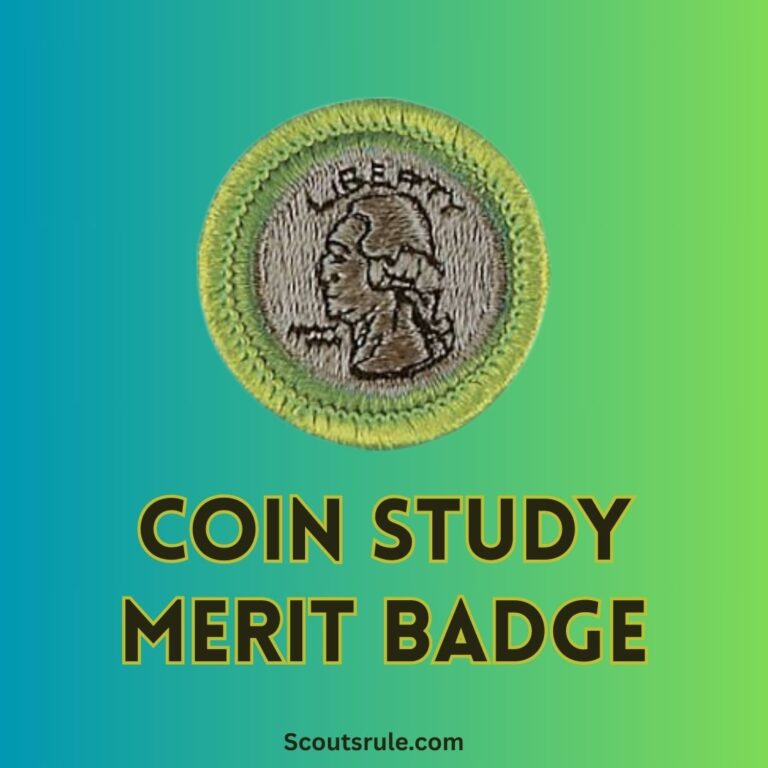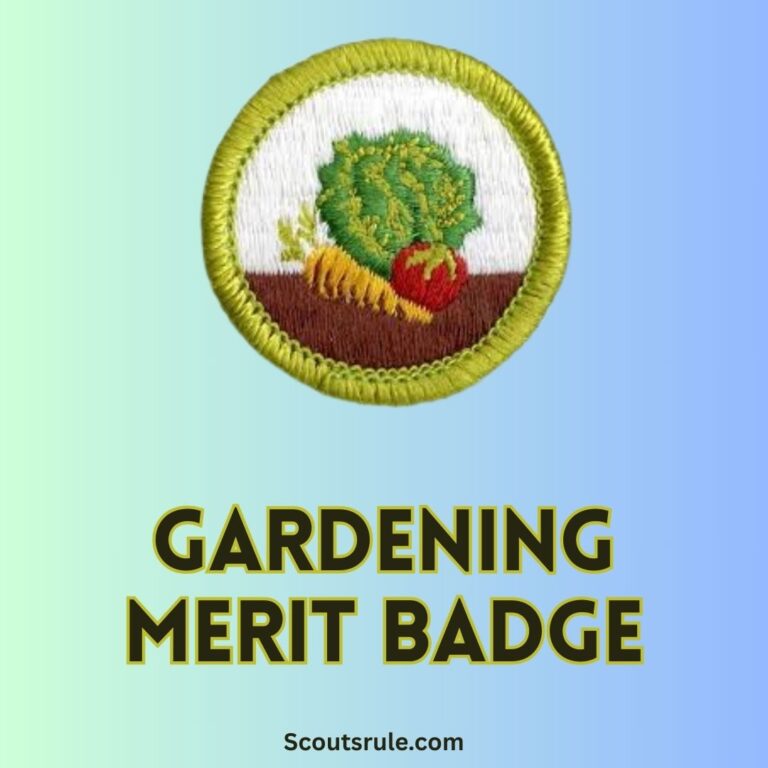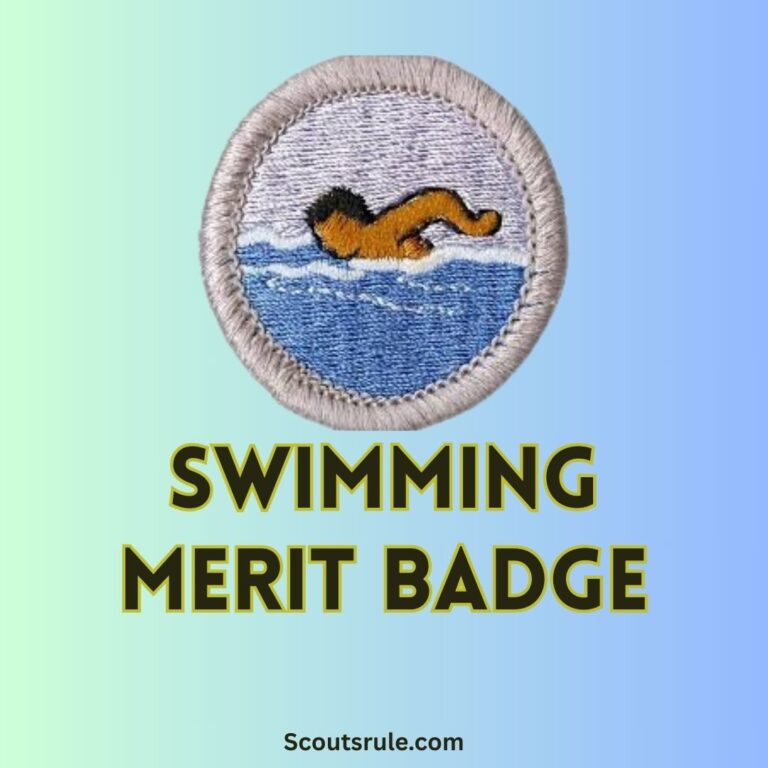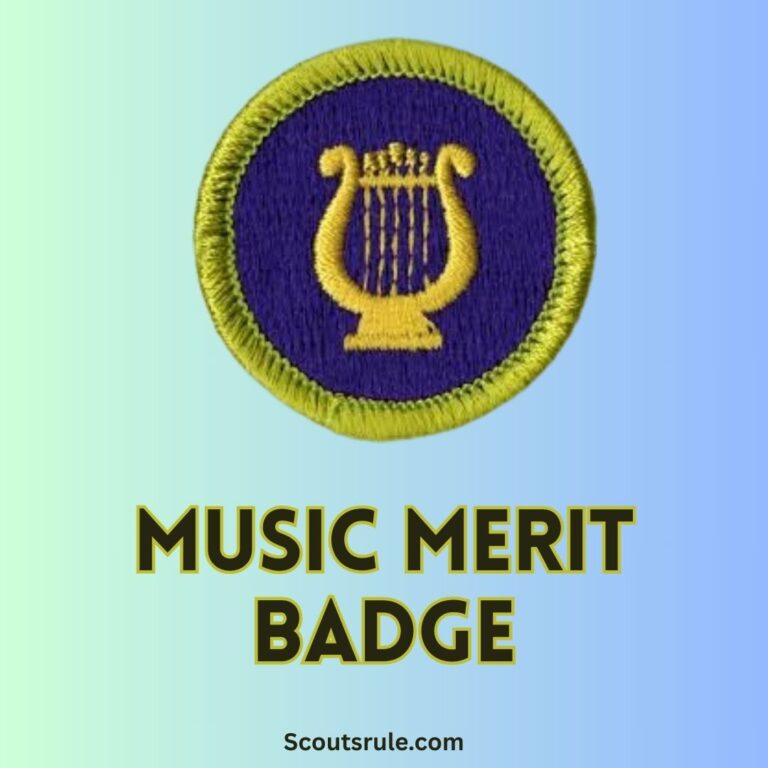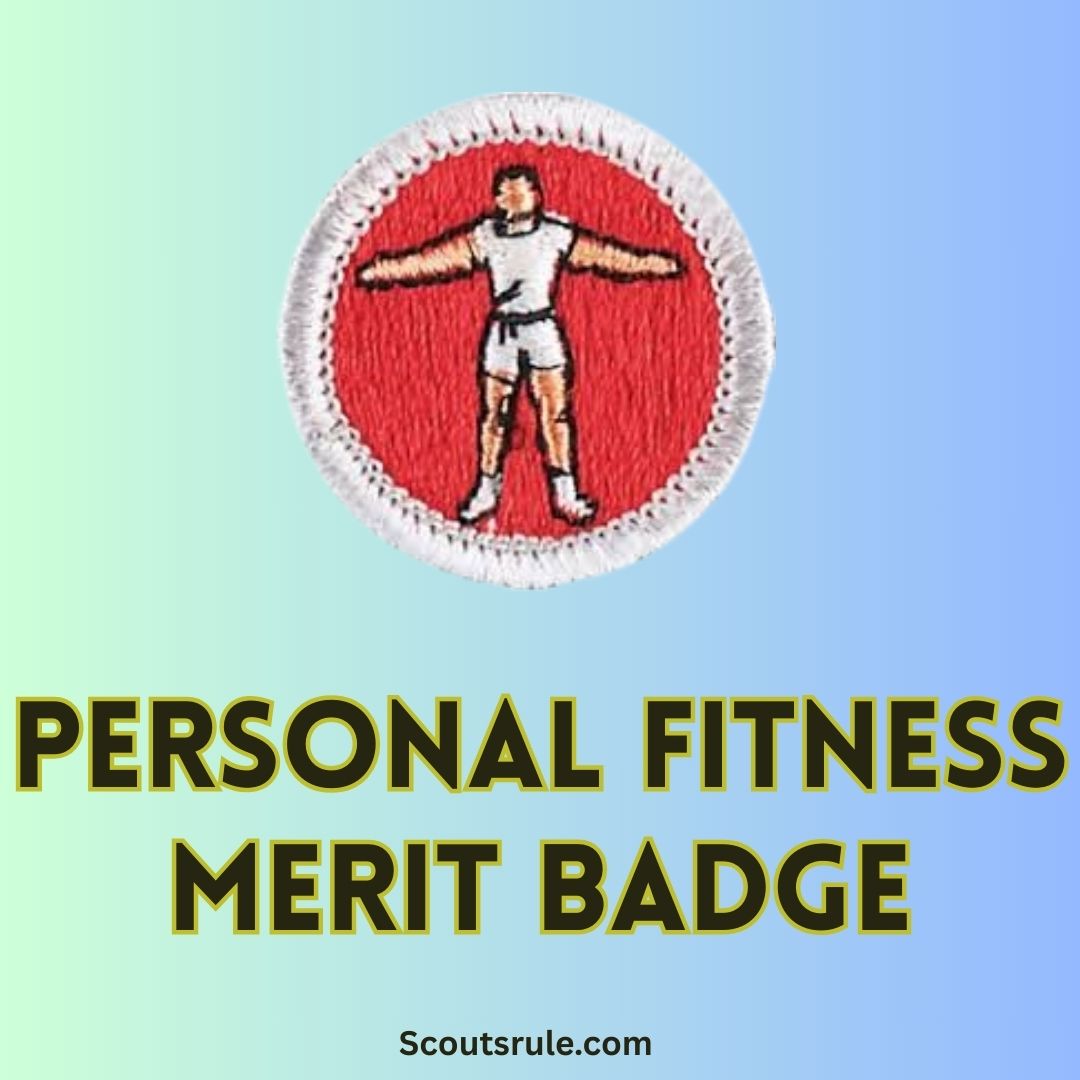
The Personal Fitness Merit Badge is an Eagle-required badge that challenges Scouts to take charge of their health and well-being. By earning this badge, you’ll learn about the importance of regular exercise, good nutrition, and preventive health habits. You’ll also create and follow a personalized fitness plan, track your progress, and reflect on the benefits of staying active and healthy.
This guide will walk you through each requirement, offering tips, examples, and insights to help you succeed. Let’s dive into the details!
Post Contents
- 1. Physical and Dental Examinations
- 2. Defining Personal Fitness
- 3. Health Habits and Risk Factors
- 4. Fitness Assessments
- 5. Nutrition and Healthy Eating
- 6. Creating a Fitness Plan
- 7. Tracking Progress
- 8. Reassessing Fitness Levels
- 9. Exploring Careers in Fitness
- Tips for Success
- Conclusion
- Frequently Asked Questions (FAQs)
1. Physical and Dental Examinations
Requirement 1: Complete a Physical and Dental Exam
- Task:
- Have a healthcare practitioner conduct a physical examination using the Scout medical examination form.
- Complete a dental examination and obtain a statement confirming that your teeth have been checked and cared for.
Key Points to Discuss with Your Counselor:
- Why physical exams are important for identifying potential health issues.
- The role of preventive habits, such as regular exercise and avoiding harmful substances, in maintaining good health.
- Common diseases that can be prevented through healthy lifestyle choices.
- The seven warning signs of cancer and youth risk factors for cardiovascular health.
Tips:
- Schedule your exams early to avoid delays in completing this requirement.
- Take notes during your discussions with healthcare providers to share with your counselor.
2. Defining Personal Fitness
Requirement 2: Explain What Personal Fitness Means to You
- Task: Discuss with your counselor what it means to be mentally, physically, socially, and spiritually fit.
Key Points to Include:
- Mental Fitness: The ability to manage stress, think critically, and maintain a positive outlook.
- Physical Fitness: Staying active, eating well, and maintaining a healthy weight.
- Social Fitness: Building strong relationships and contributing to your community.
- Spiritual Fitness: Living according to your values and finding purpose in life.
Reflection: Think about how these aspects of fitness are interconnected and how they contribute to your overall well-being.
3. Health Habits and Risk Factors
Requirement 3: Evaluate Your Health Habits
- Task: Answer and discuss the following questions with your counselor:
- Are you living in a way that minimizes your risk of preventable diseases?
- Are you immunized and vaccinated according to your healthcare provider’s advice?
Tips:
- Be honest about your habits and identify areas for improvement.
- Discuss strategies for adopting healthier behaviors, such as regular exercise or better nutrition.
4. Fitness Assessments
Requirement 4: Complete Initial Fitness Tests
- Task: Perform the following tests and record your results:
- Aerobic fitness (e.g., a timed run or walk).
- Flexibility (e.g., sit-and-reach test).
- Muscular strength (e.g., push-ups, sit-ups).
Tips:
- Follow the guidelines in the Personal Fitness Merit Badge pamphlet for accurate testing.
- Record your results carefully, as you’ll use them to track your progress.
5. Nutrition and Healthy Eating
Requirement 5: Understand Good Nutrition
- Task: Explain the importance of good nutrition and how it relates to personal fitness. Discuss how to maintain a healthy weight and identify three healthy eating goals.
Key Points to Include:
- The role of balanced meals in providing energy and nutrients.
- The importance of limiting processed foods, added sugars, and unhealthy fats.
- Strategies for achieving your eating goals, such as meal planning or portion control.
6. Creating a Fitness Plan
Requirement 6: Develop a 12-Week Fitness Program
- Task: Create a comprehensive fitness plan based on your initial test results. Include activities that improve aerobic fitness, flexibility, and muscular strength.
Steps:
- Set specific, measurable goals for each fitness area.
- Plan a weekly schedule of activities, such as running, stretching, or strength training.
- Include warm-up and cool-down routines to prevent injuries.
Tips:
- Get your plan approved by your counselor and parents before starting.
- Choose activities you enjoy to stay motivated.
7. Tracking Progress
Requirement 7: Follow Your Fitness Plan
- Task: Complete your 12-week fitness program and keep a log of your activities. Record details such as duration, intensity, and progress toward your goals.
Tips:
- Stay consistent and make adjustments as needed.
- Reflect on your progress every four weeks and discuss it with your counselor.
8. Reassessing Fitness Levels
Requirement 8: Repeat Fitness Tests
- Task: After completing your 12-week program, repeat the initial fitness tests and compare your results.
Reflection:
- Discuss with your counselor how your fitness has improved and what you’ve learned from the experience.
- Set long-term goals for maintaining your fitness.
9. Exploring Careers in Fitness
Requirement 9: Research Fitness-Related Careers
- Task: Learn about three careers in personal fitness, such as physical therapy, sports coaching, or nutrition counseling. Choose one career and research the education, training, and experience required.
Tips:
- Interview professionals in the field or attend a career fair.
- Discuss with your counselor why this career interests you and how it aligns with your goals.
Tips for Success
- Start Early: The 12-week fitness program takes time, so begin as soon as possible.
- Stay Organized: Use a journal or app to track your progress and results.
- Communicate Openly: Share your challenges and successes with your counselor.
- Be Consistent: Stick to your fitness plan and make it a priority.
- Reflect on Your Journey: Think about how the skills you’ve learned can benefit you in the long term.
Conclusion
The Personal Fitness Merit Badge is more than just a requirement for Eagle Scout—it’s an opportunity to take charge of your health and develop habits that will benefit you for a lifetime. By completing the badge requirements, you’ll gain a deeper understanding of fitness, nutrition, and goal setting. Embrace this journey as a chance to grow, challenge yourself, and build a foundation for a healthy future.
Frequently Asked Questions (FAQs)
General Questions
Q: What is the Personal Fitness Merit Badge about? A: This badge focuses on developing physical, mental, and social fitness. It challenges Scouts to create and follow a personalized fitness plan, understand the importance of good nutrition, and reflect on how fitness impacts overall well-being.
Q: Is this badge required for Eagle Scout? A: Yes, the Personal Fitness Merit Badge is one of the Eagle-required badges.
Q: How long does it take to complete this badge? A: The badge requires a 12-week fitness program, so it typically takes at least three months to complete. Additional time may be needed for other requirements, such as the physical and dental exams.
Q: Can I work on this badge alongside other merit badges? A: Yes, you can work on multiple badges simultaneously. Just ensure you stay organized and track your progress for each badge.
Physical and Dental Exams
Q: Why do I need a physical and dental exam for this badge? A: These exams ensure you are healthy enough to participate in physical activities and help identify any potential health concerns. They also emphasize the importance of preventive care.
Q: What if I can’t schedule an exam right away? A: Start working on other requirements, such as learning about fitness concepts or planning your fitness program, while waiting for your appointment.
Q: Do I need to provide proof of my exams? A: Yes, you’ll need a statement from your healthcare provider and dentist confirming that your exams have been completed.
Fitness Program
Q: What should I include in my 12-week fitness program? A: Your program should include activities that improve aerobic fitness, flexibility, and muscular strength. It should also include warm-up and cool-down routines.
Q: How do I track my progress? A: Use a fitness log or journal to record your activities, duration, intensity, and any improvements. This log will help you stay accountable and provide evidence of your efforts.
Q: What if I miss a week in my program? A: Communicate with your counselor and resume your program as soon as possible. Consistency is key, so try to avoid missed weeks moving forward.
Q: Can I include sports or other activities in my program? A: Yes, you can incorporate sports, hiking, or other physical activities as long as they align with your fitness goals.
Nutrition and Healthy Eating
Q: How do I set healthy eating goals? A: Start by tracking your current eating habits for three days. Identify areas for improvement, such as eating more fruits and vegetables or reducing sugary snacks.
Q: Do I need to follow a specific diet? A: No, but your eating goals should align with general nutrition guidelines, such as balancing food groups and avoiding excessive processed foods.
Careers in Fitness
Q: What careers can I explore for this badge? A: Examples include physical therapy, sports coaching, personal training, nutrition counseling, and occupational therapy.

Hi, Robin here, A former lead Scout and here I share my inspiring stories about USA Scouts, leadership, adventure, how to guides and more.

